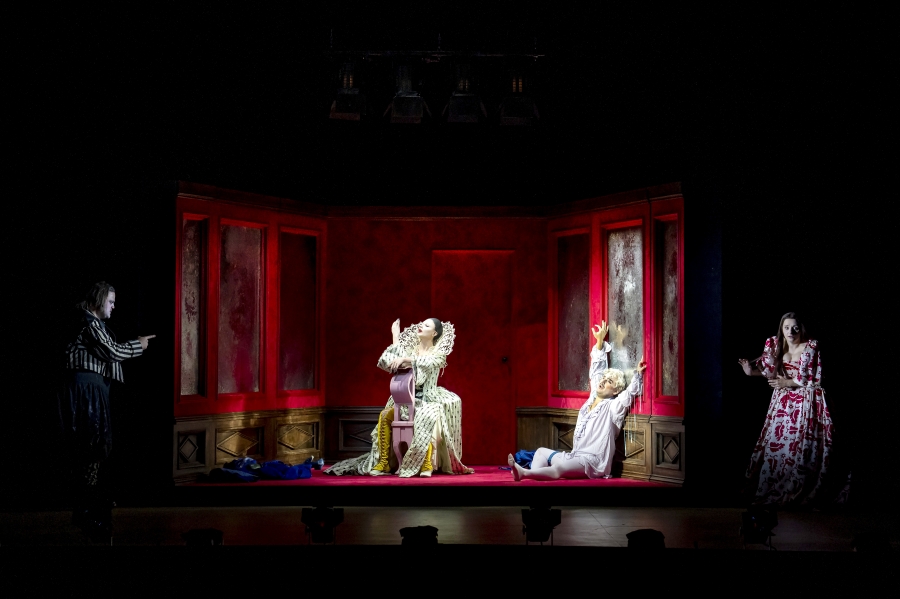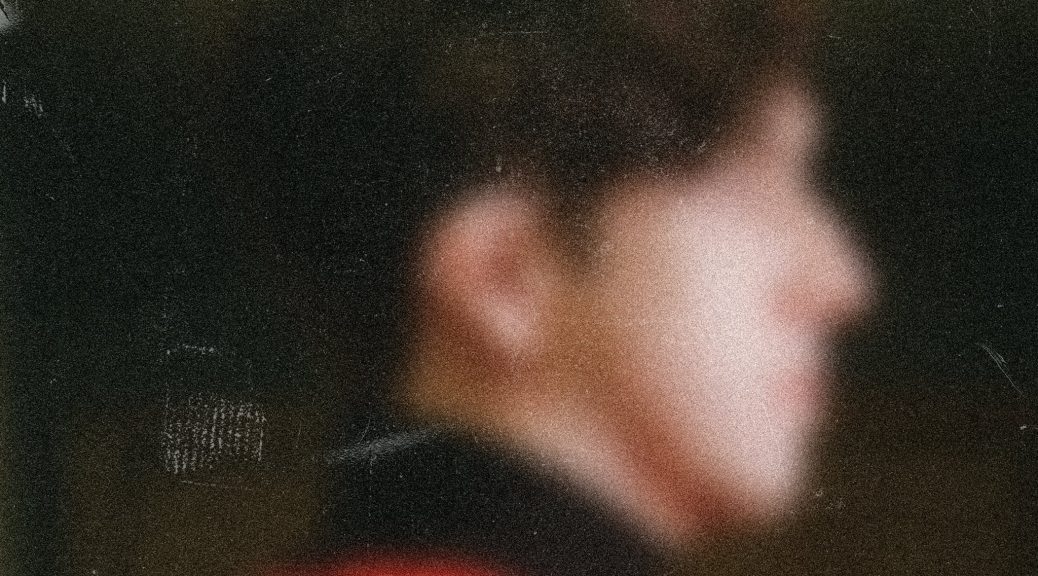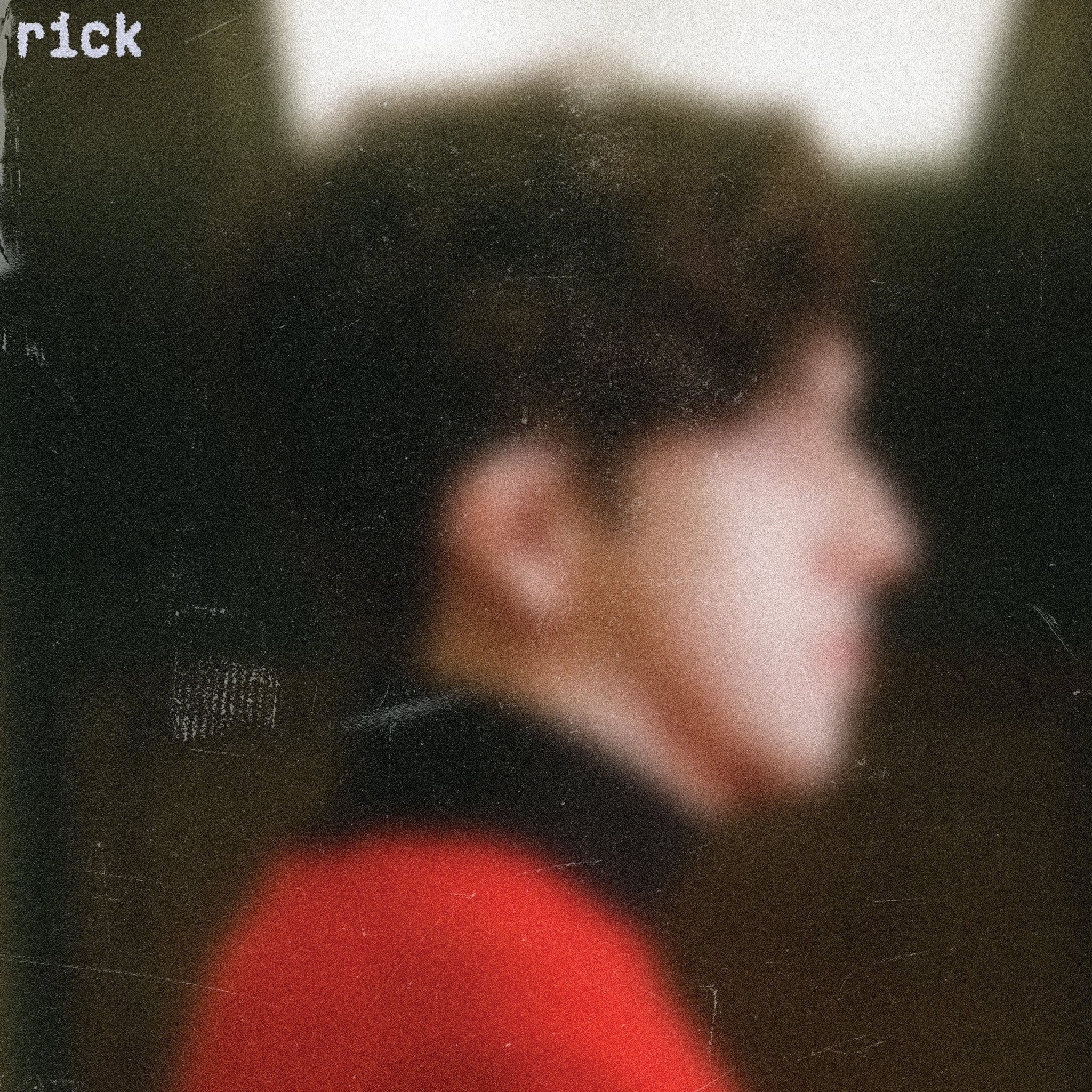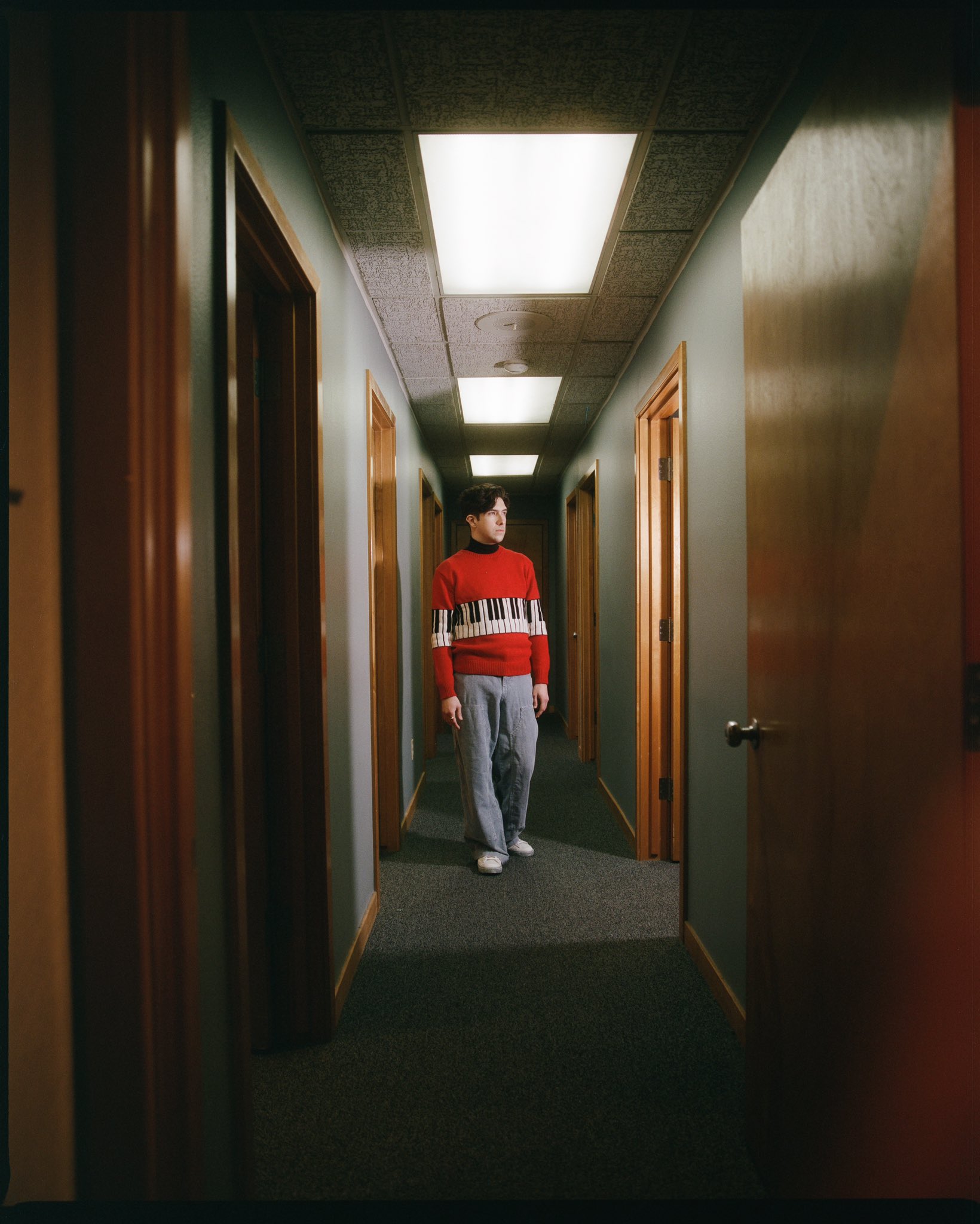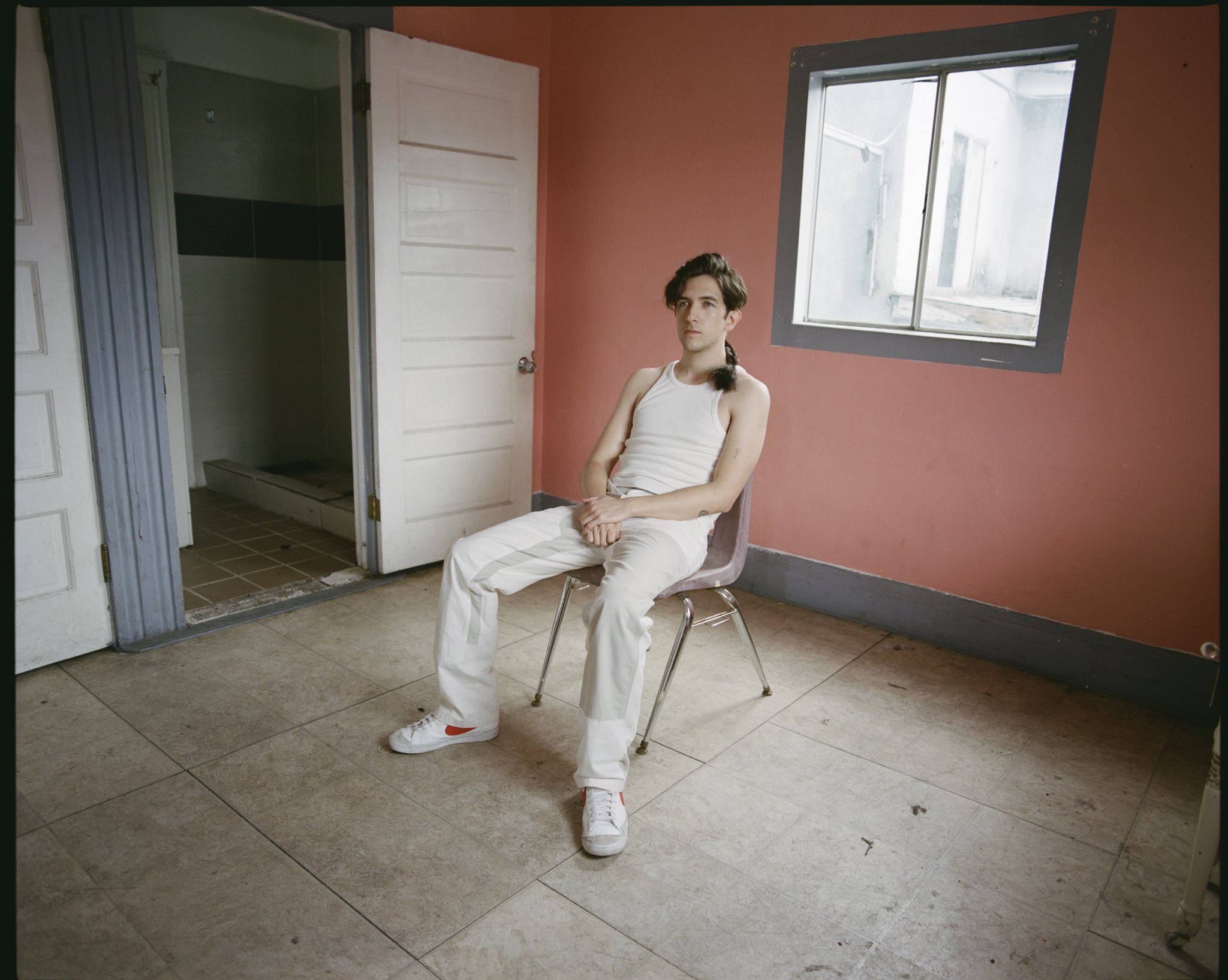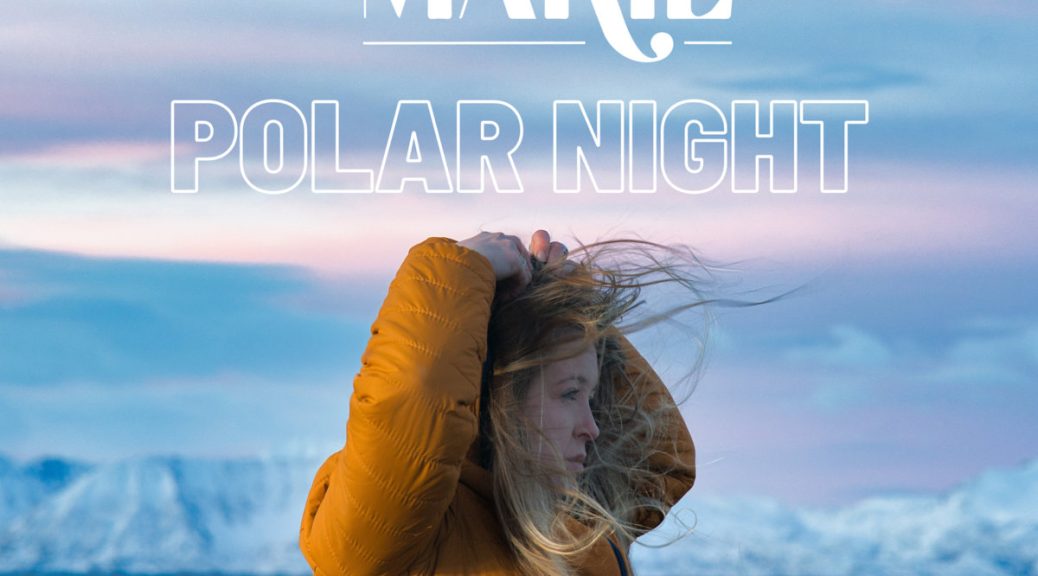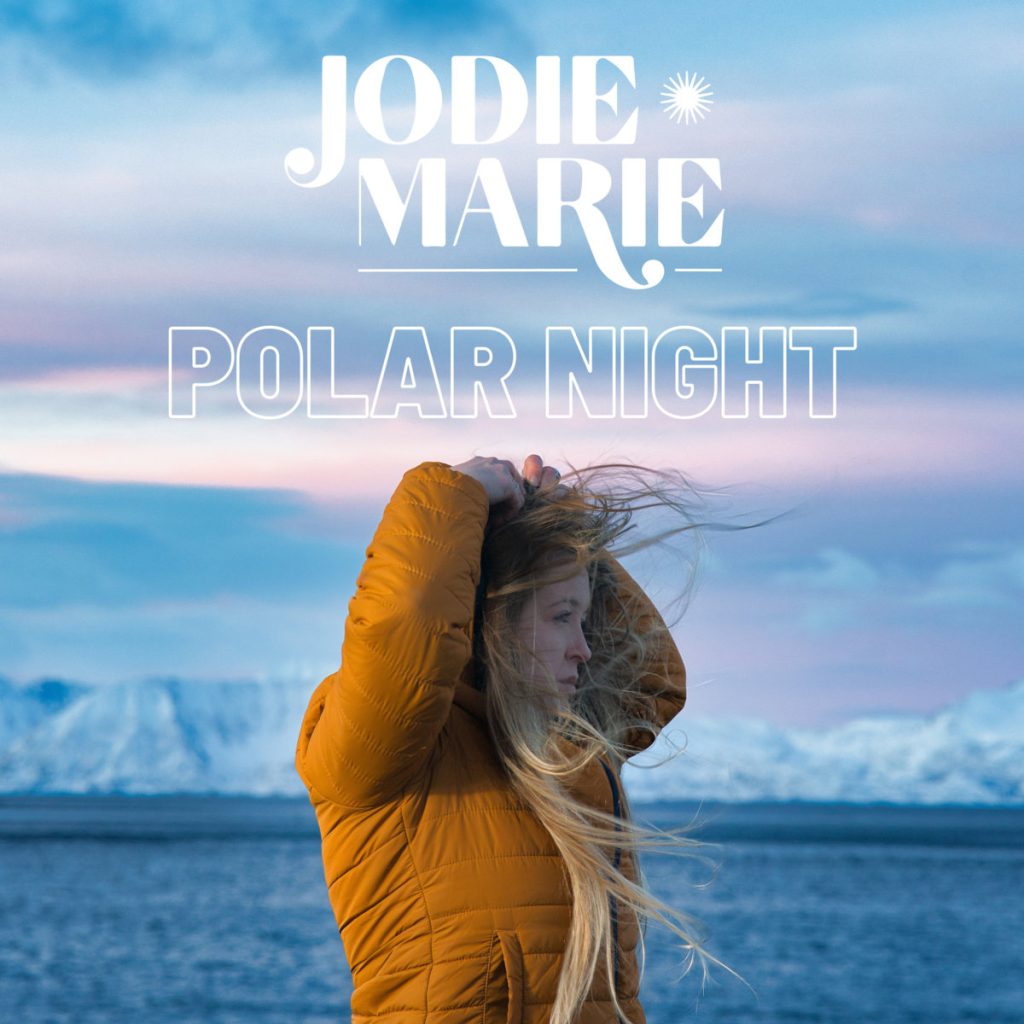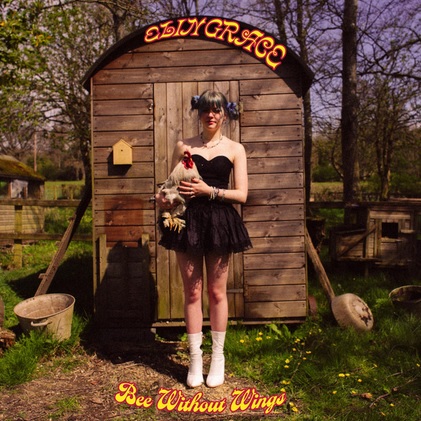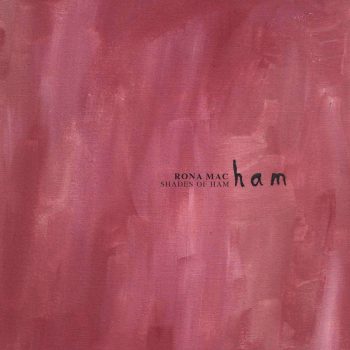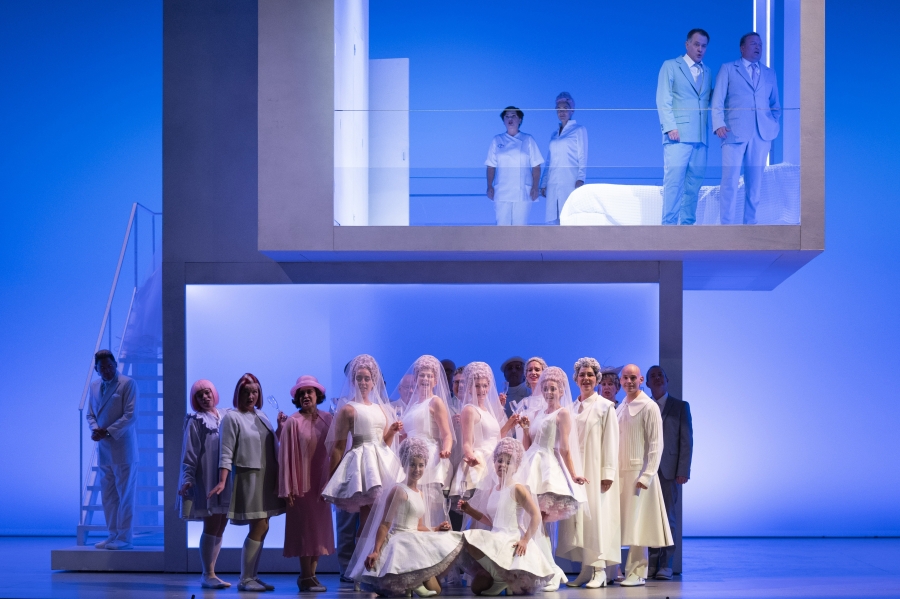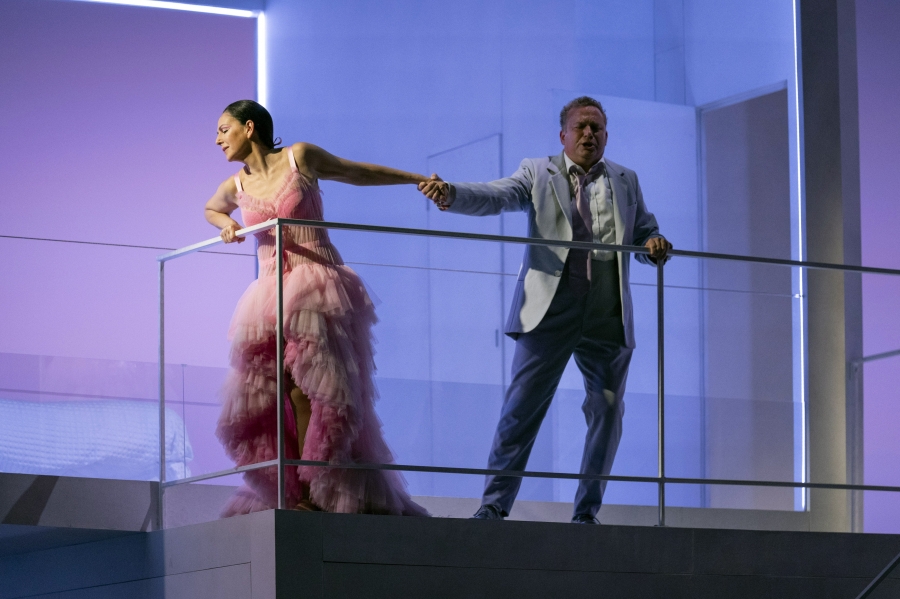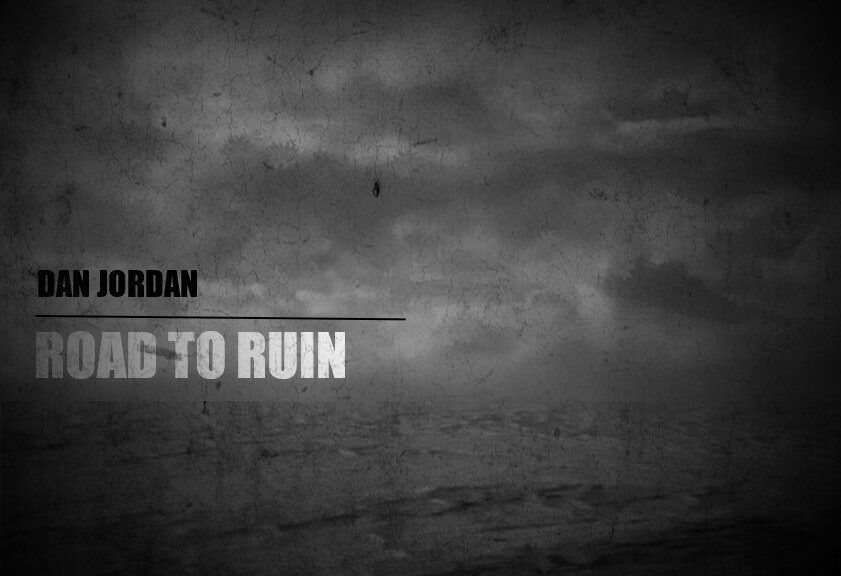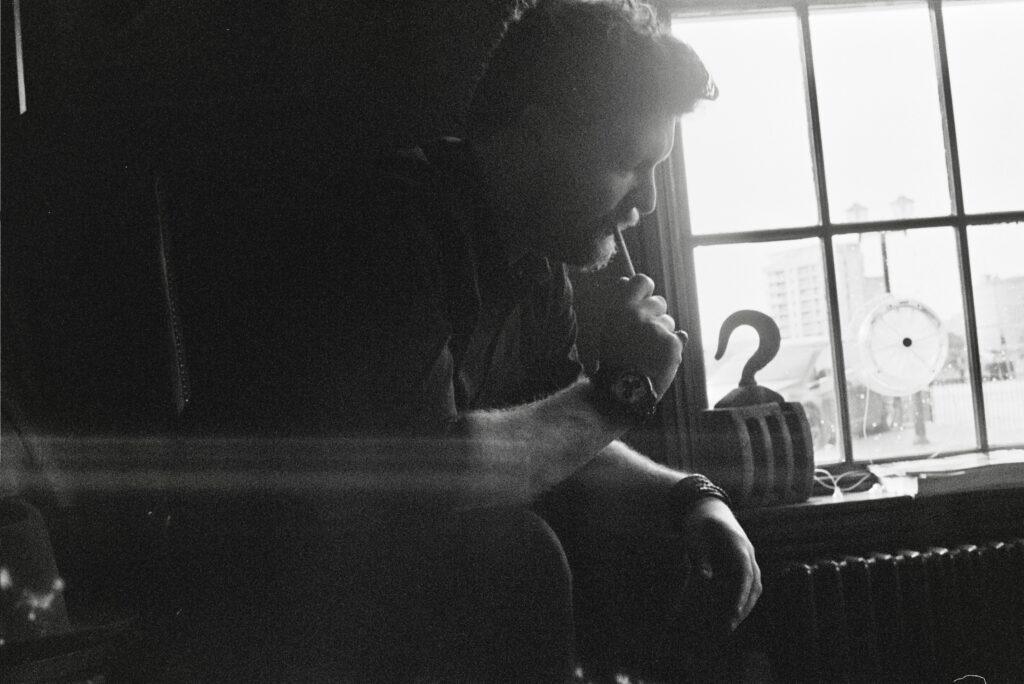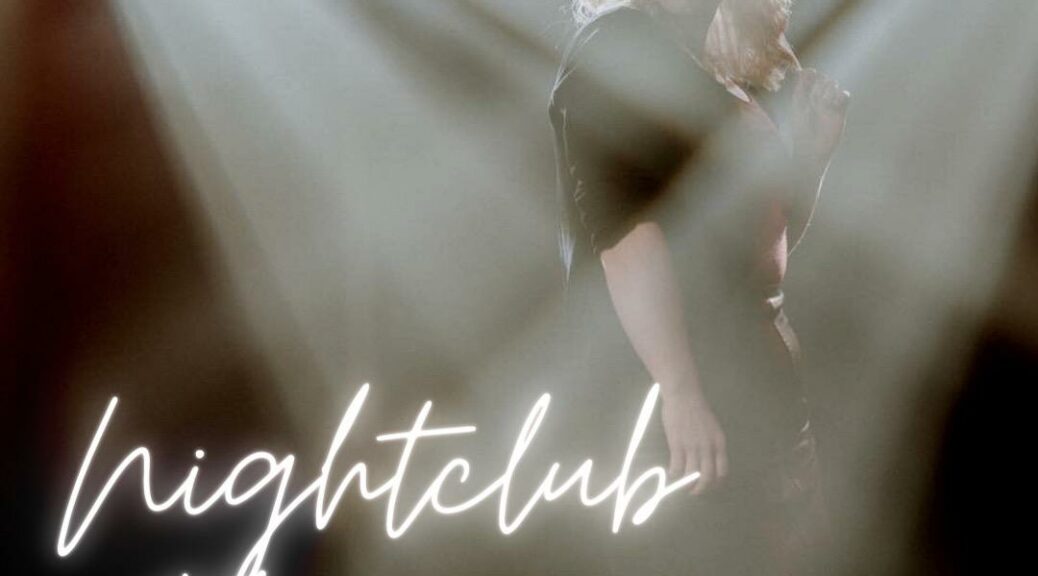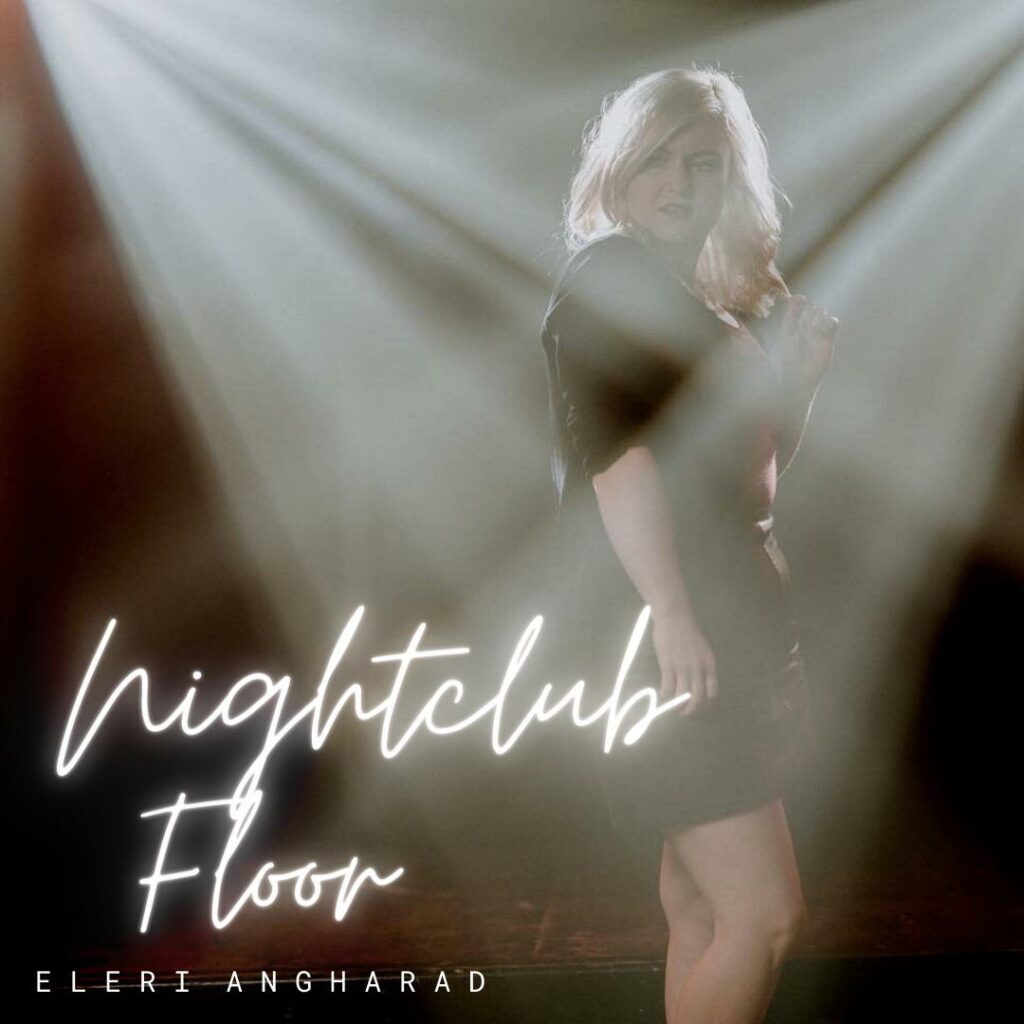
 (4 / 5)
(4 / 5)
A strong cast and orchestra perform well notwithstanding the threat of further cuts to the Welsh National Opera. Outside the Wales Millennium Centre, as many times before, we are met by WNO staff members wearing t-shirts and handing out leaflets and petitions about yet another round of cuts. The once formidable chorus has been halved from 40 to 20 members. Yet, the WNO manages to deliver once again.
Mozart’s Le Nozze di Figaro (The Marriage of Figaro) is based on Pierre Beaumarchais’ political satire La Folle Journée (1784), sequel to Le Barbier de Séville (The Barber of Seville). Le Nozze is a scathing critique of the power of the nobility. At the centre is the droit de seigneur, the right of the lord of taking sexual advantage of his female servants.
The opera begins with Susanna (Christina Gansch) and Figaro (Michael Mofidian), servants to the Count and Countess of Almaviva, making plans for their wedding. Susanna is afraid that the Count will revive the droit de seigneur to sleep with the bride. Figaro thinks he can outwit the Count of Almaviva (Giorgio Caoduro). Meanwhile, Don Bartolo (Wyn Pencarreg) and Marcellina (Monika Sawa) employ a lawyer to recoup the money lended to Figaro, who has promised to marry Marcellina, if he cannot repay it. The page, Cherubino (Harriet Eyley), in love with the Countess and every woman he sees, pleads with the Countess to help him to avoid dismissal.
What follows is a farce of mistaken identities, where the plot thickens from trick to trick, new truths are discovered, like Figaro being the son of Marcellina and Don Basilio. There’s always someone who overhears something folding a plot and starting off a new one. At its core, however, is the servants, with the help of the betrayed Countess, plotting against the Count.
This production has excellent singing and interpretations from all the cast. A funny and skillful Farfallone Amoroso by Michael Mofidian as Figaro, a beautifully delicate Voi Che Sapete of Harriet Eyley’s Cherubino, a moving Dove Sono of Chen Reiss as the Countess Almaviva, and a beautiful Deh Vieni of the excellent Christina Gansch as Susanna, to name a few. Particularly good performance comes also from Monika Sawa as Marcellina and Giorgio Caoduro as the Count. The cast shines as an ensemble, supported by a solid orchestra, conducted by Kerem Hasan.
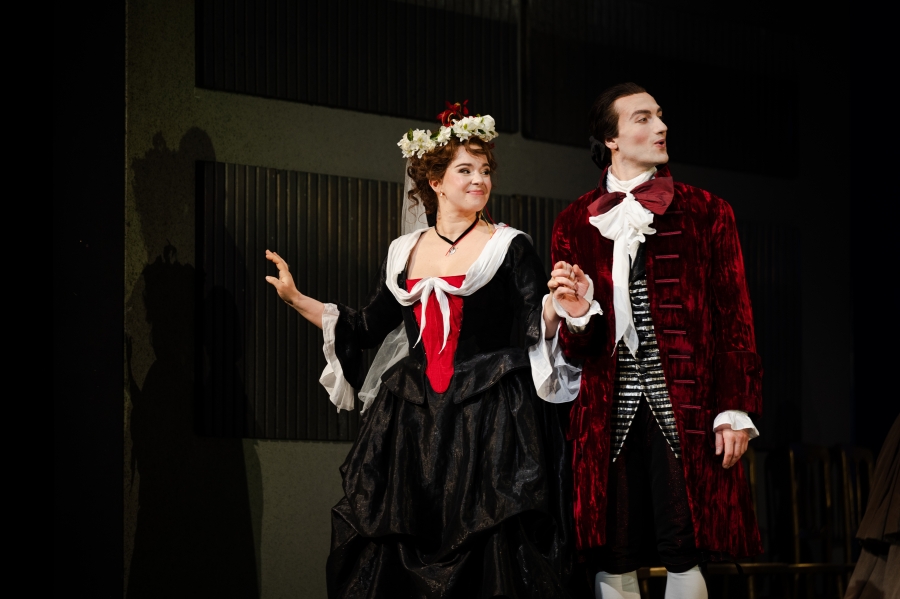
Christina Gansch as Susanna and Michael Mofidian and Figaro. Photo by Dafydd Owen.
The strong performances entertain and enchant, but the direction lacks brio. Le Nozze rests on singers and orchestra playing out the satire. We are left with a farce with beautiful music and singing, which misses the political intent. The 18th century’s setting of this revival production constrains the politics of the opera. A modern take could have perhaps exploited the liberties taken by today’s billionnaires, who seem to be above the law. It would have been poignant given the role of billionnaires in impoverishing our society.


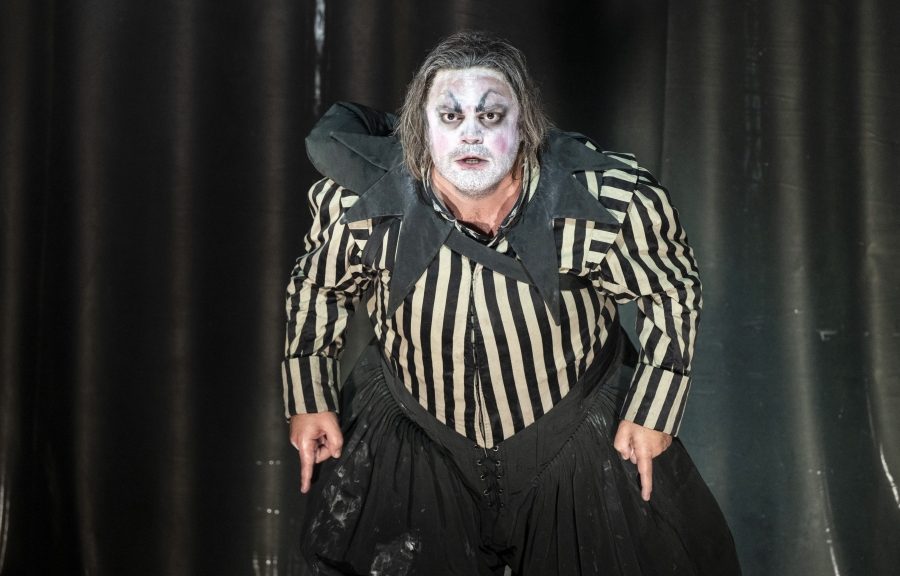
 (3 / 5)
(3 / 5)